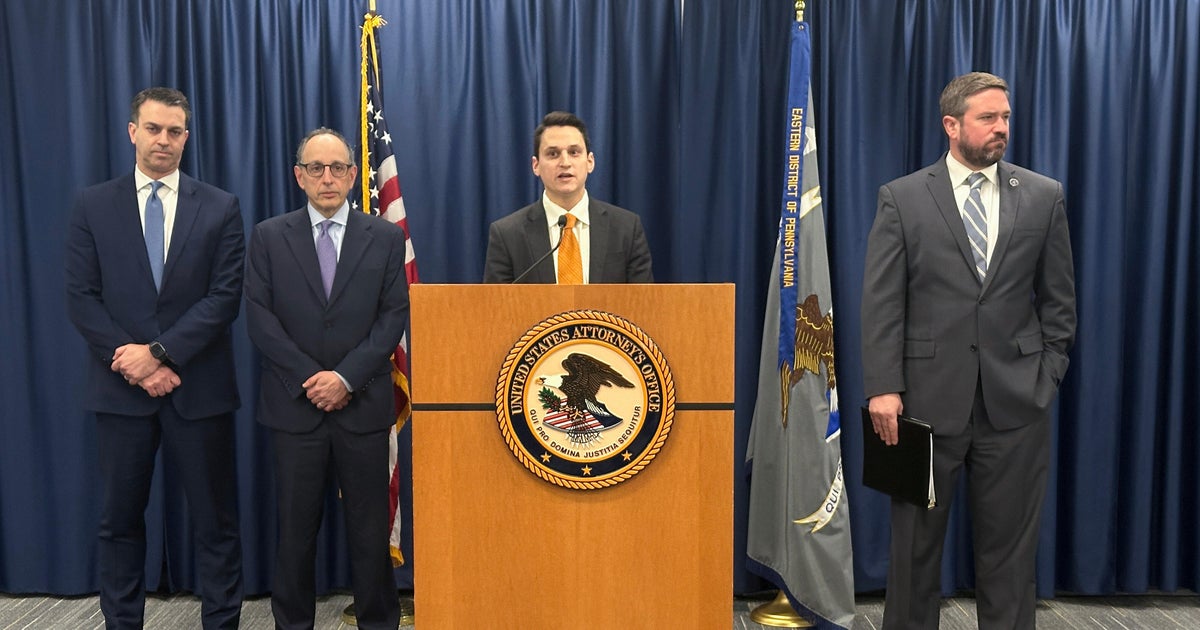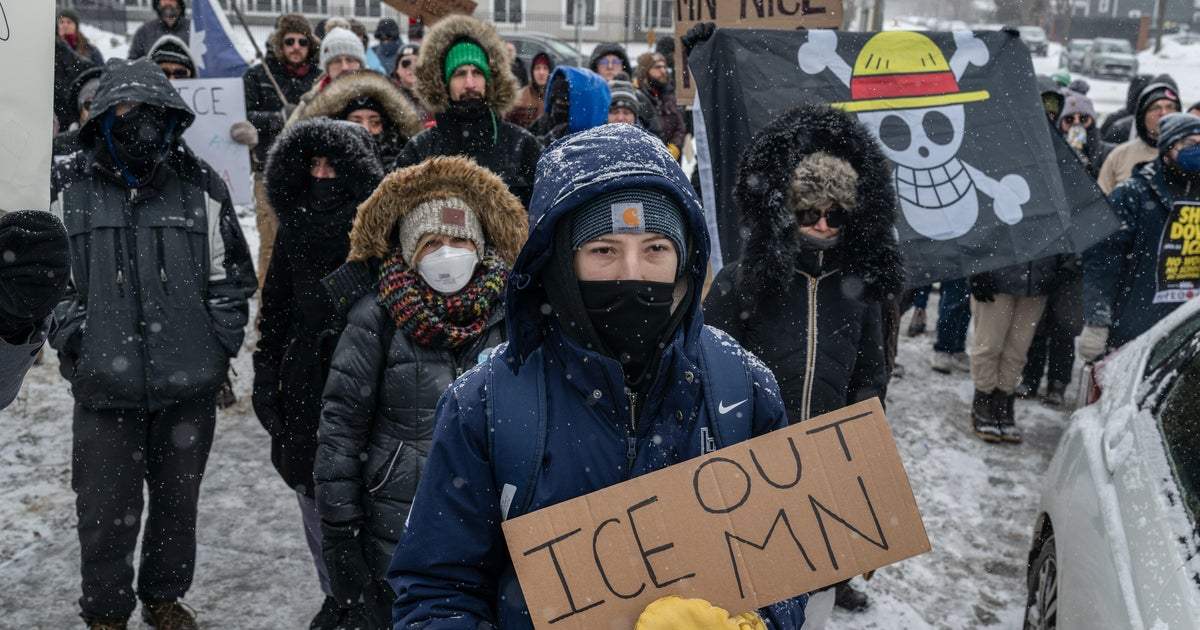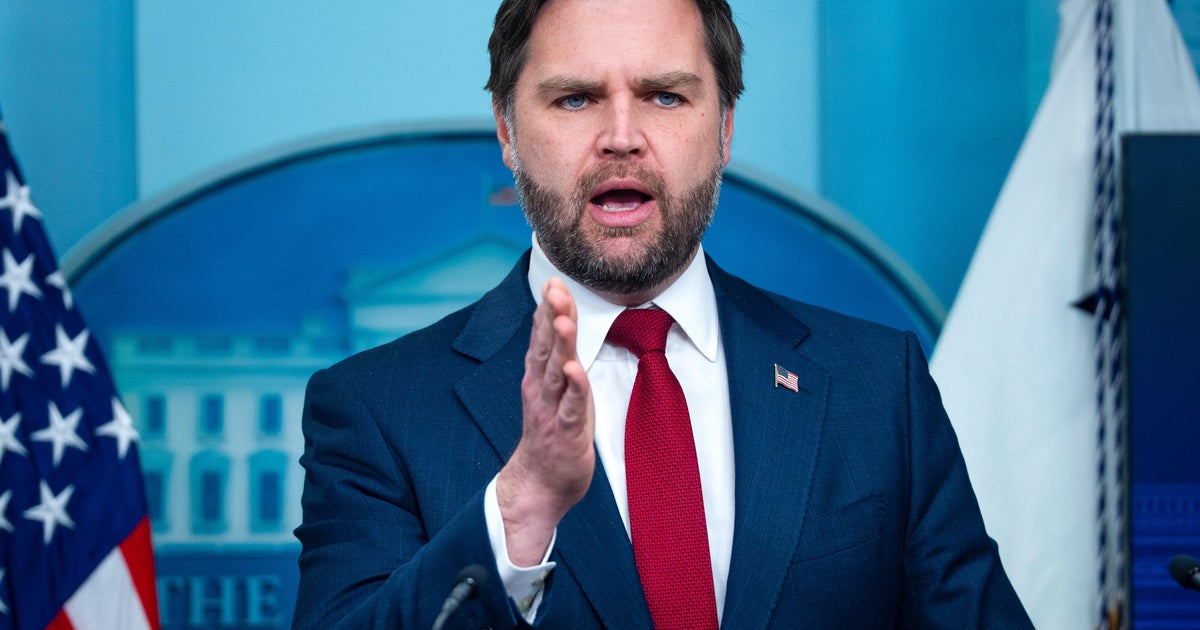Justice Department casts doubt on Bannon's willingness to testify before Jan. 6 committee
Washington — The Justice Department on Monday cast doubt on Steve Bannon's newfound willingness to testify before the House select committee probing the Jan. 6 assault on the Capitol, calling his about-face on cooperating with the panel an "attempt to change the optics" days before his trial on charges of criminal contempt of Congress is set to begin.
In a filing with the federal district court in Washington, federal prosecutors said Bannon's "last-minute efforts" to appear months after he defied a subpoena from the select committee for testimony and documents are "irrelevant" to whether he refused to comply with House investigators' demand in the fall of 2021.
"His continued failure to comply with the subpoena's document demand while claiming he now will testify suggests his actions are little more than an attempt to change the optics of his contempt on the eve of trial, not an actual effort at compliance," Justice Department lawyers told the court.
They said the circumstances surrounding Bannon's "eleventh hour" reversal suggest his "sudden wish to testify is not a genuine effort to meet his obligations but a last-ditch attempt to avoid accountability."
"The defendant's timing suggests that the only thing that has really changed since he refused to comply with the subpoena in October 2021 is that he is finally about to face the consequences of his decision to default," the prosecutors told the court.
A lawyer for Bannon, a close ally to former President Donald Trump, told the select committee in a letter Saturday that he is "willing to, indeed prefers, to testify at your public hearing." Bannon's lawyer, Robert Costello, wrote that while Trump initially invoked executive privilege over his testimony and documents, the former president decided "it would be in the best interests of the American people to waive executive privilege for" Bannon, clearing the way for him to comply with the select committee's subpoena.
Trump sent a letter to Costello and Bannon declaring he would waive executive privilege if Bannon and the committee reached an agreement "on a time and place" for his former chief strategist's testimony.
Despite Trump's decision regarding executive privilege, federal prosecutors and the committee have argued Bannon was never shielded by the former president's claims, as he left the White House, where he served as chief strategist, in 2017, years before the Jan. 6 assault.
U.S. District Judge Carl Nichols, who is presiding over Bannon's contempt trial, also rejected his argument that as a former White House official, Bannon did not have an obligation to comply with the select committee's subpoena when executive privilege has been asserted by the president. Bannon, whose trial is set to begin July 18, had asked Nichols to dismiss the case against him, but the judge declined the request last month.
The Justice Department lawyers noted in their latest filing that Bannon's purported reason for his openness to testifying — because Trump is now waiving executive privilege — demonstrates "executive privilege never provided a basis for total noncompliance" with the subpoena to begin with.
The subpoena from the select committee to Bannon was first issued in late September, but the House held him in criminal contempt of Congress after he defied the demand. A federal grand jury then indicted Bannon on two counts of contempt of Congress in November. He pleaded not guilty to both counts, and has attempted, unsuccessfully, to delay his trial.
Asked about Bannon's willingness to testify before the select committee, Rep. Jamie Raskin, a member of the panel, told "Face the Nation" on Sunday that he's "certain" investigators would be "very interested" in hearing from him.





